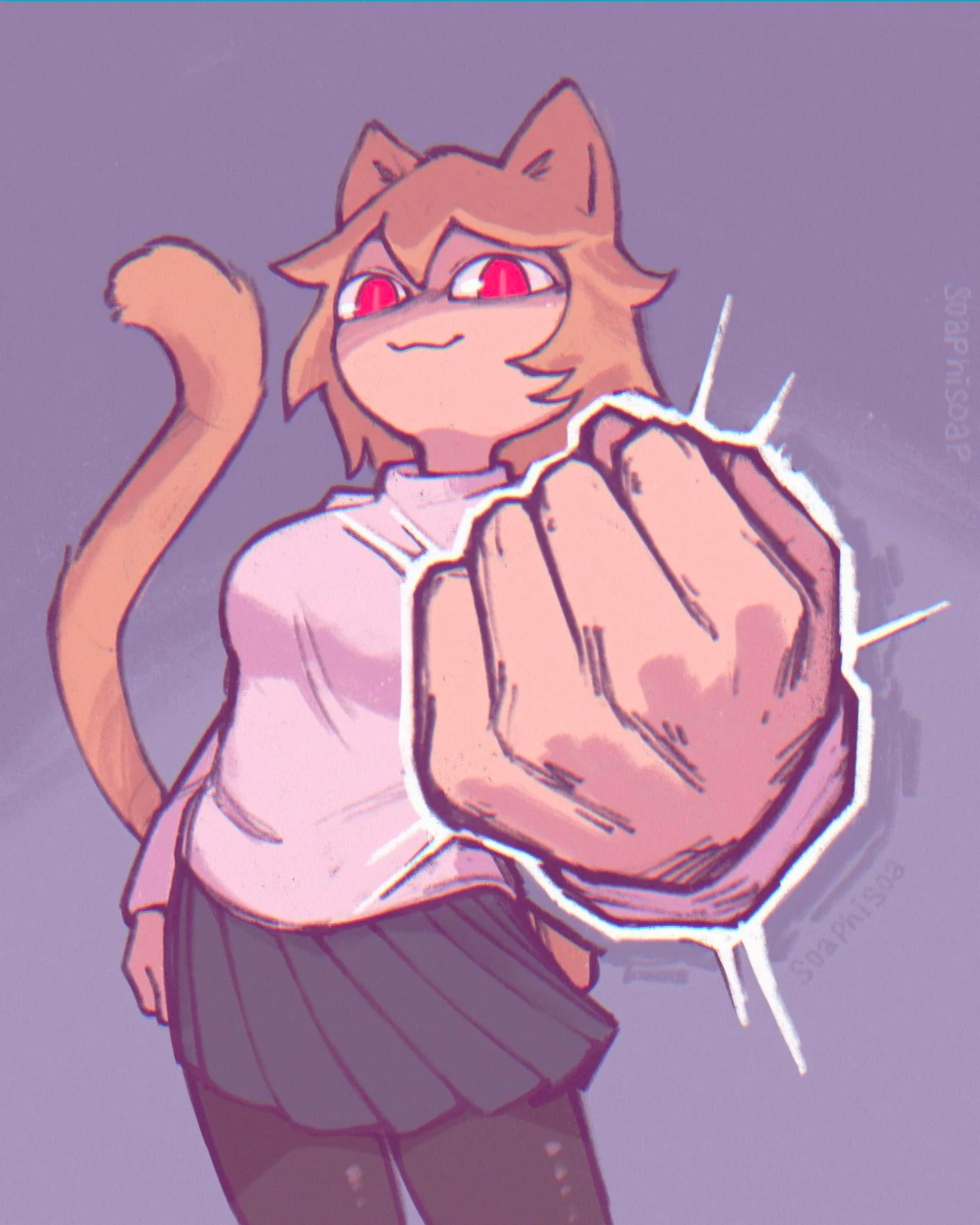In a World Where Chastity is Reversed, I Ended Up Working as a Hot Spring Attendant - Chapter 177
- Home
- All
- In a World Where Chastity is Reversed, I Ended Up Working as a Hot Spring Attendant
- Chapter 177 - Other - Terminology Explanations, Legal Wife Perks, and History (Note: Contains Spoilers)
Chapter 177: Other – Terminology Explanations, Legal Wife Perks, and History (Note: Contains Spoilers)
A legal wife is, literally, a formally recognized wife. A monthly membership fee is essentially required, covering the husband’s living expenses and allowances.
The first time, there is an exclusive three-day period. After that, the exclusive period rotates on a one-day or one-night alternating schedule.
There are various support systems in place, such as childcare, employment assistance, tuition, and living expenses. In other places, the allowance is high and often spent on the husband’s or top-ranking wives’ luxuries. However, Kohaku and Yata’s system is genuinely fair, requiring a small contribution while offering significant returns.
That said, it is still a mutual aid system, so relying too much on it will result in reprimands.
Casual partners have no special conditions—just a one-time event. No money, no responsibility, nothing. However, it is socially expected to provide a small monetary gift. If one understands the system well, there may be no point in choosing this route, but for general customers, this is the primary image of a one-time chance.
The difference is not about connections but whether one could properly court the other person and close the distance as a human being. There are moments of high-level psychological battles and tests of resolve, but as long as one has the courage to take the leap, Hisui will embrace them. Given his openness, there is no need to hesitate.
The most popular legal wife perk is not the rare night visits that come once in a lifetime due to the increasing number of wives. Instead, it is the ability to ignore the order of night visits entirely and enjoy mixed bathing, hugging, kissing, and affectionate moments upon meeting again.
Once recognized as a legal wife, she is treated as family, so the guards’ gazes are no longer intimidating.
The easiest legal wife route for an ordinary person is simply to visit as a guest and court the individual. However, the most advantageous route is through the guards. Once assigned, their status is almost confirmed. Though the official guard corps has a very high entry bar, the self-defense force route allows for a loophole where members are naturally pushed into the role. The Hakuto and Ojiro squads are the main ones involved, and since all members end up impregnated, there is a constant cycle of replacements due to maternity leave. This even led to the self-defense force becoming a popular career choice.
Additionally, as a power move exclusive to legal wives, they can summon the husband if staying at an affiliated inn. It has a companion-like atmosphere, with a host pouring drinks and saying, “Thank you for taking care of my wife.”
If present during a company retreat, he becomes something of a hero.
Incidentally, the one most delighted when Ayaha reported her marriage to the company was the infamous company president.
Nowadays, only Hisui provides this level of accommodation—other men do not reciprocate to such an extent.
During Kohaku’s time, there were still some kind-hearted men, but their numbers dwindled over time.
Currently, in Hisui’s generation, he is the only one left.
The damage caused when that notorious black company let Yozora escape was immense.
Back in Kohaku’s time, if a company covered travel expenses for husbands during employee retreats, they would bring their families, enjoy drinking with close colleagues, and engage in occasional night time escapades. There were plenty of side stories about spontaneous adventures or lucky one-night stands.
However, due to the strain on men who had to handle multiple women, male protection organizations—essentially feminists—began to emerge with the notion of treating men with more care.
As a result, overprotected men became complacent and ceased making efforts for women. Meanwhile, women started monopolizing men entirely, further reducing interactions between the sexes.
In the past, men were considered valuable shared assets. If well cared for, they would reciprocate by impregnating women and offering other forms of support.
However, as society shifted towards the belief that men should be protected without expecting anything in return, opportunistic fools started spouting empty rhetoric. These statements sounded reasonable and led to election victories, resulting in real political power. When these ideals were put into practice, the disastrous state of affairs we see today unfolded.
The situation escalated as laws were implemented, precedents piled up quickly, and suddenly, free love supremacy took hold. Men were encouraged to ignore anyone who lost in the romance wars, reducing the pool of available partners.
Furthermore, Wolbachia-infected individuals, who have a slower metabolism and aging process, gained a significant advantage in this free-love society. This advantage had always existed, but with fewer desirable partners, the pressure intensified.
As a result, the Wolbachia group dominated the survival competition, naturally driving out the uninfected group.
Later, laws introduced artificial insemination and genetic matching as safety nets for those without partners, but by then, it was too late. The ratio of Wolbachia-infected individuals increased, men continued to decline, women’s society accelerated, and the crucial generational population boom was missed, leading to cultural stagnation.
Just as our ice age generation experienced the worst levels of full-time employment, average wages, marriage rates, and birth rates, population numbers plummeted.
In this transitional period, Yata and Kohaku stood out due to their old-fashioned ways, becoming scapegoats, political tools, and last-resort refuges. The chaos from this one-sided concentration was immense.
Well, that was all in the past.
Kohaku and Yata outright rejected these foolish ideas. However, idiots kept insisting that men should be protected.
The majority of general men supported the idea because it made their lives easier. As a result, an unwanted protection policy was established for Kohaku.
In other regions, such establishments were not allowed, but here, it was designated as a special zone with only one existing business—akin to a soapland, strip club, or brothel.
Since it became the final stronghold, there was no way it could be shut down.
Financially, Kohaku’s inheritance, surplus allowances from the wives, and the Kohaku Fund—operating as a non-profit—sustains it with overwhelming financial power. Even if the core business runs at a loss, the accumulated interest, dividends, and compound returns ensure its survival.
Incidentally, Yata’s political influence became monstrous after Suzume’s burns. Before that, he focused on making money rather than wielding power. While his wives had connections, unused power is the same as having none at all.
Because of this, Yata’s surroundings still operate under old values—for better or worse.
Hisui is fine with this and has no desire for further change.
By the way, the motivation behind the foolish acts was simply the belief that saying pleasant things to men would make them popular. While there were yakuza-backed prostitution rings and international human trafficking groups behind the scenes, the primary driving force was still personal desires—people cannot resist their carnal urges.
When an irritated Yata glared, everyone quickly understood and acted, leading to the political downfall of the domestic operations.
Some remnants like laws and restrictions still exist, making things somewhat troublesome. However, the clear prioritization of men’s free will makes things simple. As long as Hisui does as he pleases, there are no issues. As long as Hisui remains Hisui, everything is fine.
Well, discussing this in the main story would require an absurd word count and result in an uninteresting political discussion, so I’m leaving it like this.

































